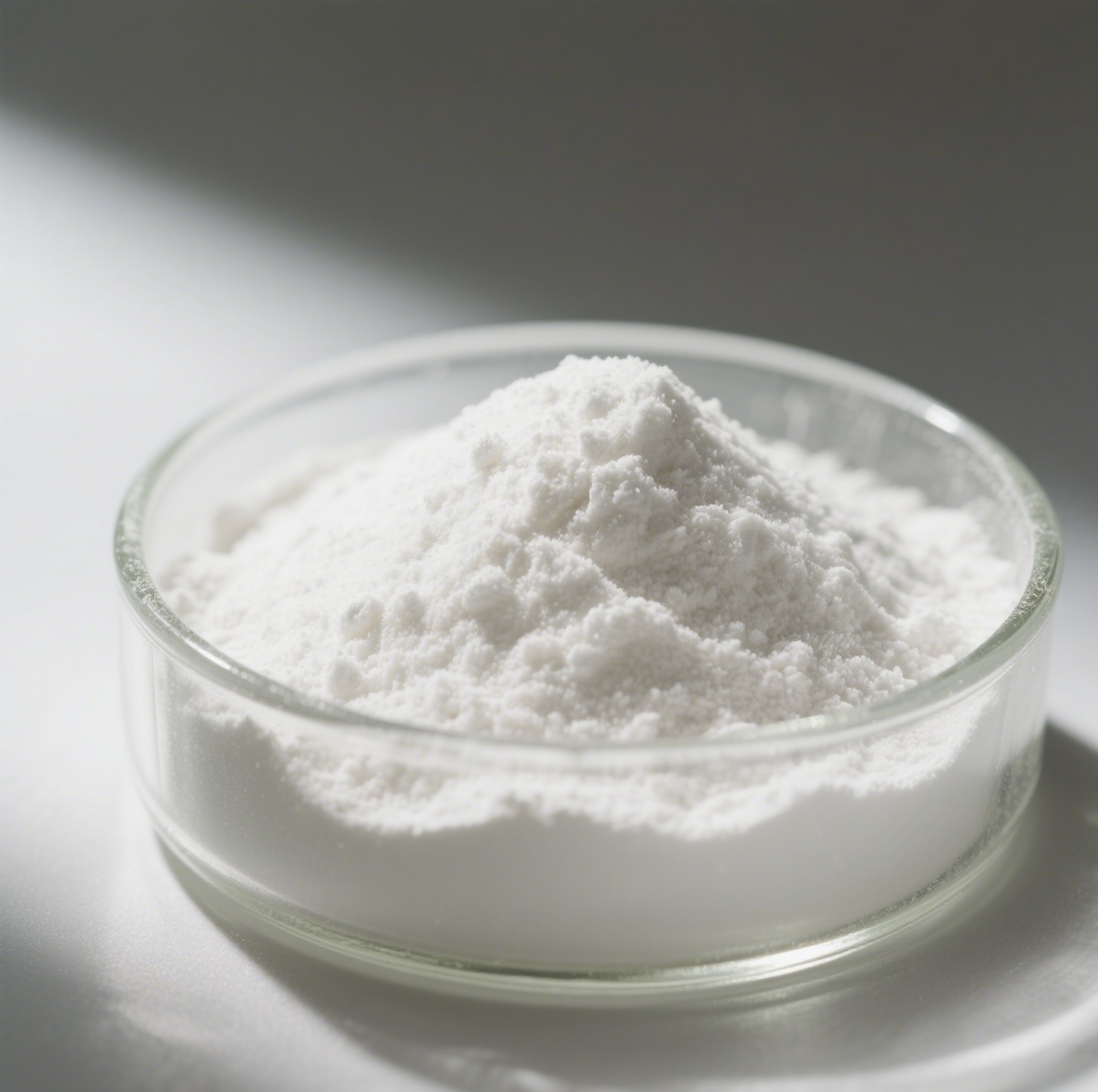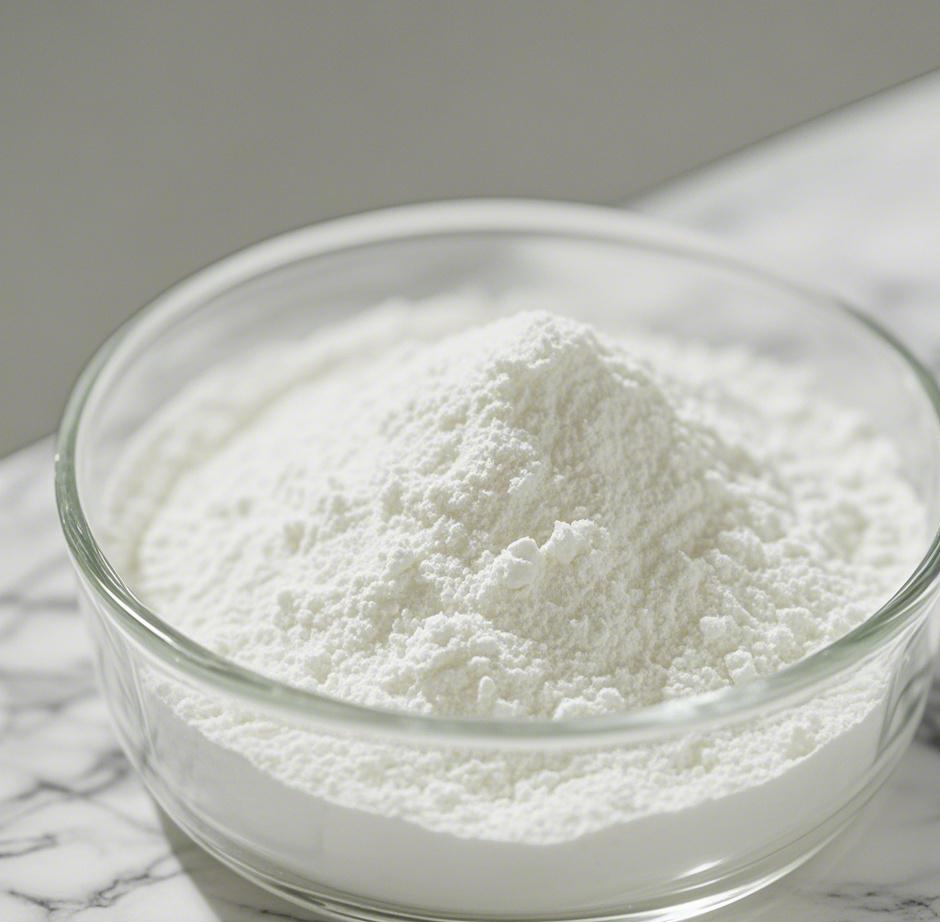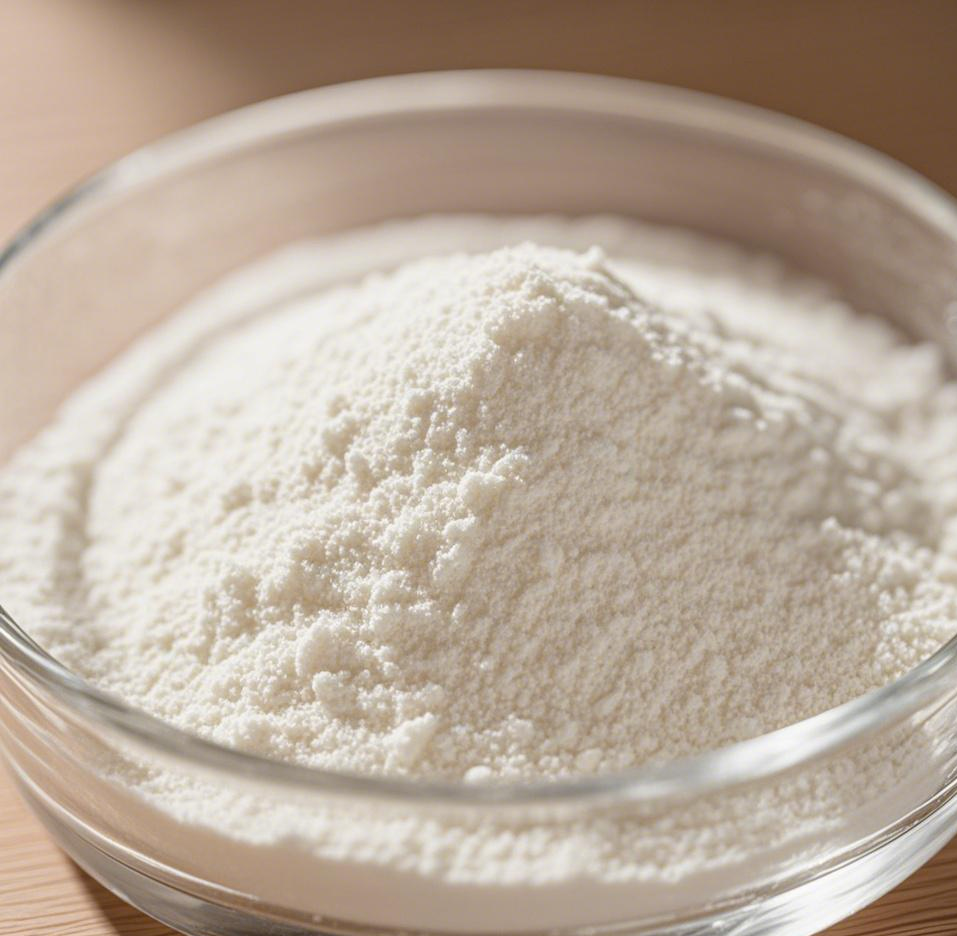maltodextrine keto
Maltodextrin on keto has become a controversial topic in the low carb community. This complex carbohydrate, derived from starchy foods like corn, rice, or potato, undergoes partial hydrolysis to create a white powder that serves as a food additive. While maltodextrin has a high glycemic index and can impact blood sugar levels, its relationship with ketogenic diets requires careful consideration. The substance functions as a thickener, filler, and preservative in many processed foods, even those marketed as keto friendly. Its molecular structure consists of glucose chains of varying lengths, making it more complex than simple sugars but less complex than starches. In the context of ketogenic diets, maltodextrin presents a challenge because it can affect ketosis, the metabolic state where the body burns fat for fuel instead of carbohydrates. Understanding its presence in food products is crucial for those following a strict ketogenic diet, as even small amounts can impact daily carbohydrate limits. While some keto products contain trace amounts of maltodextrin, it's generally recommended to minimize exposure to maintain optimal ketosis.


